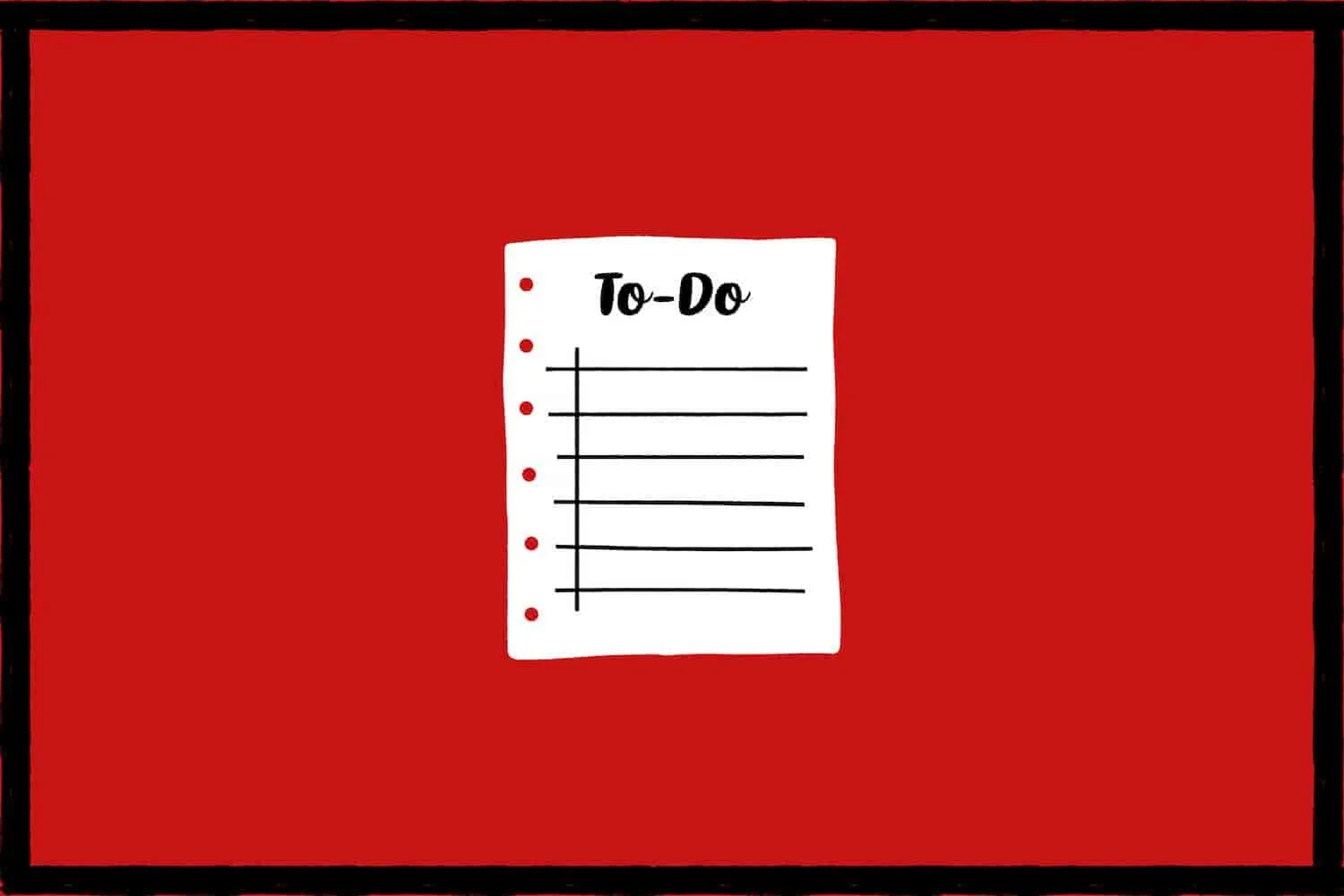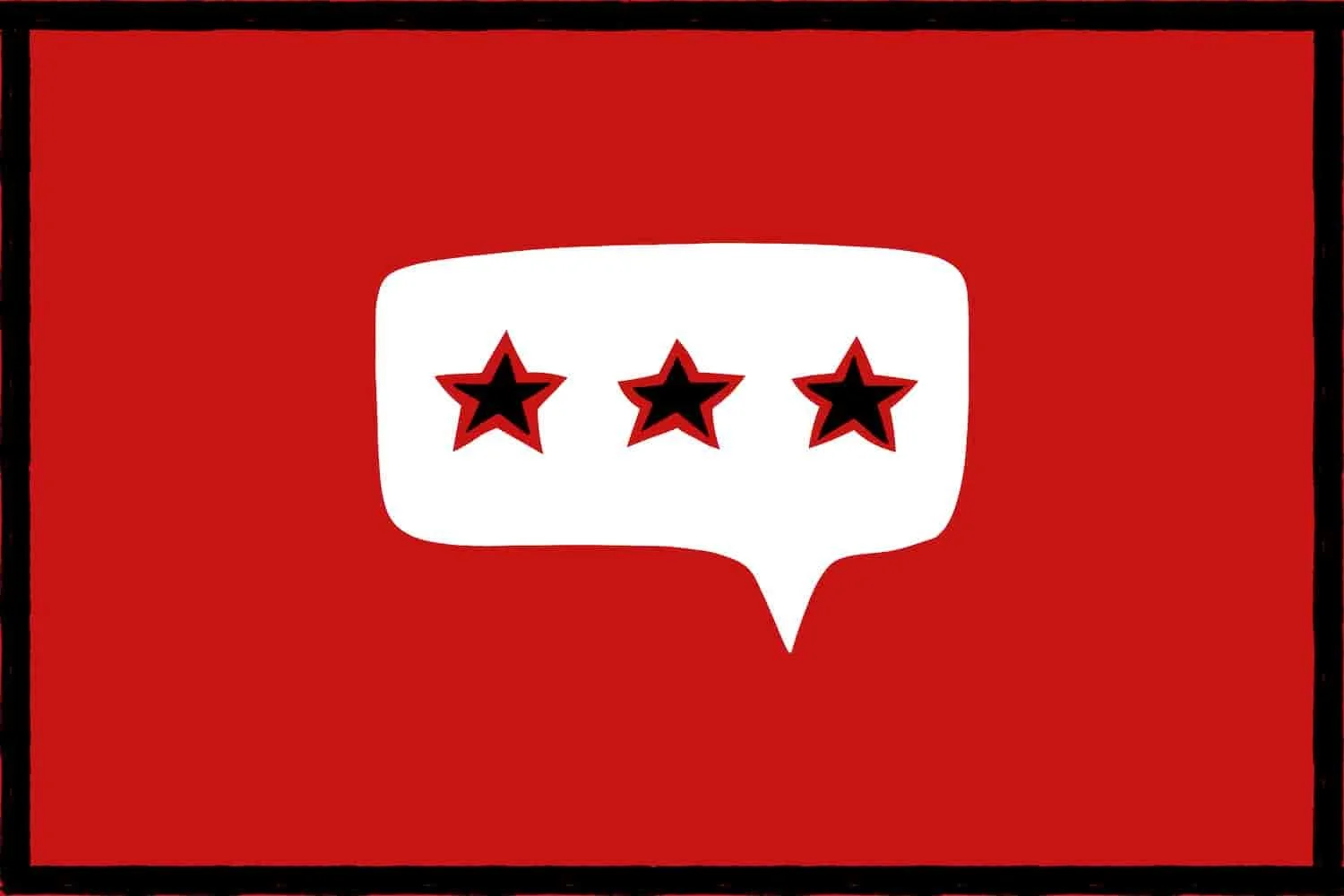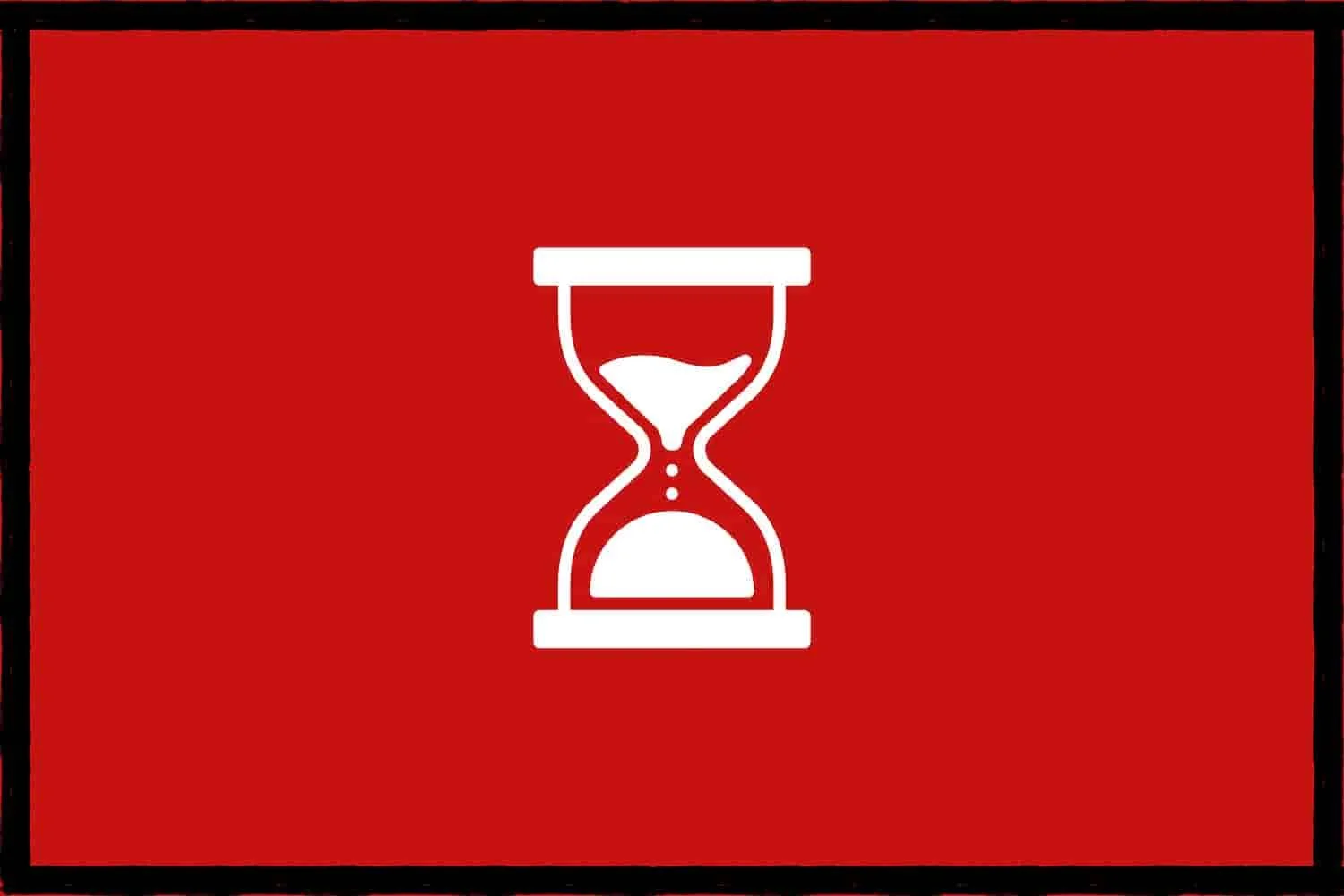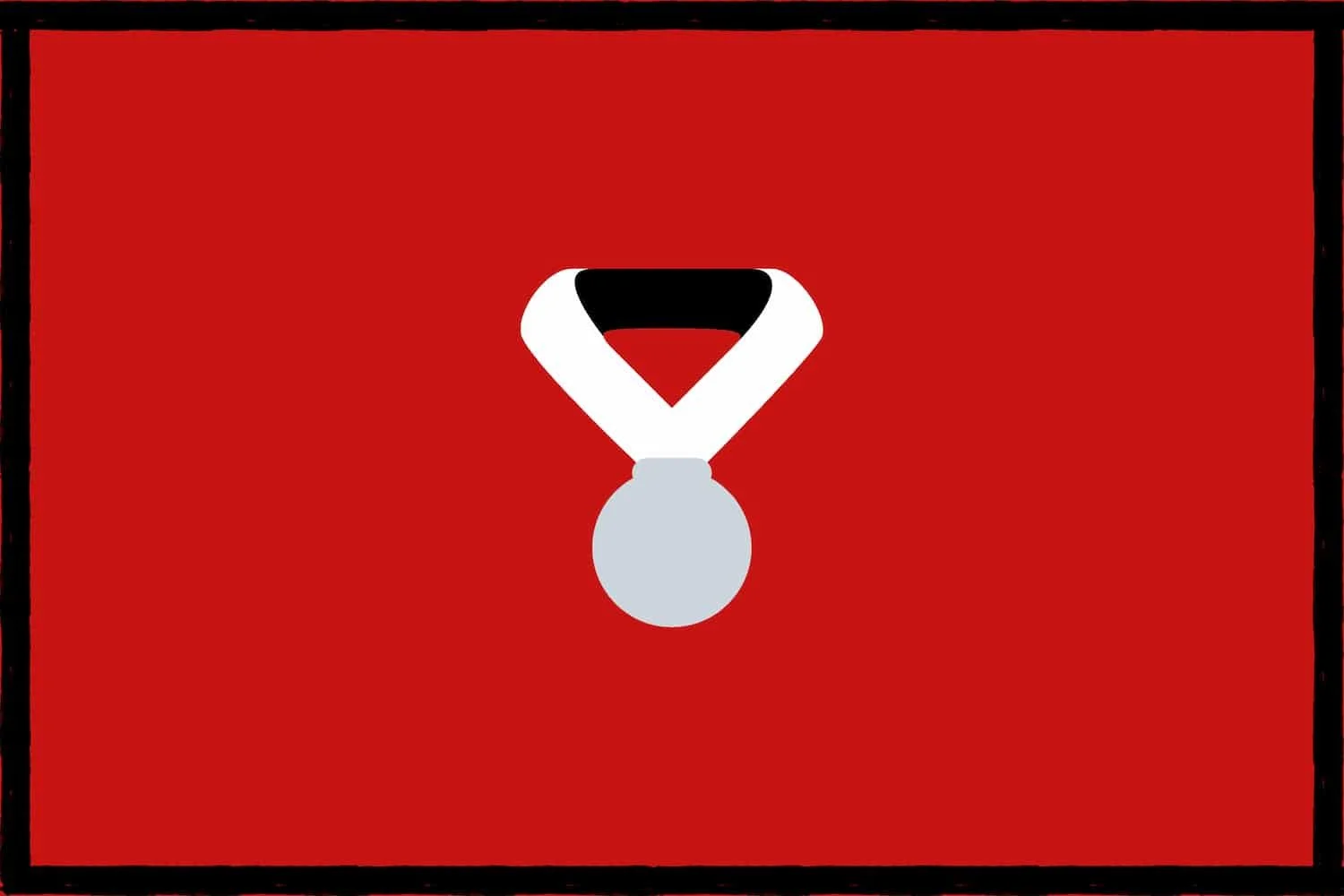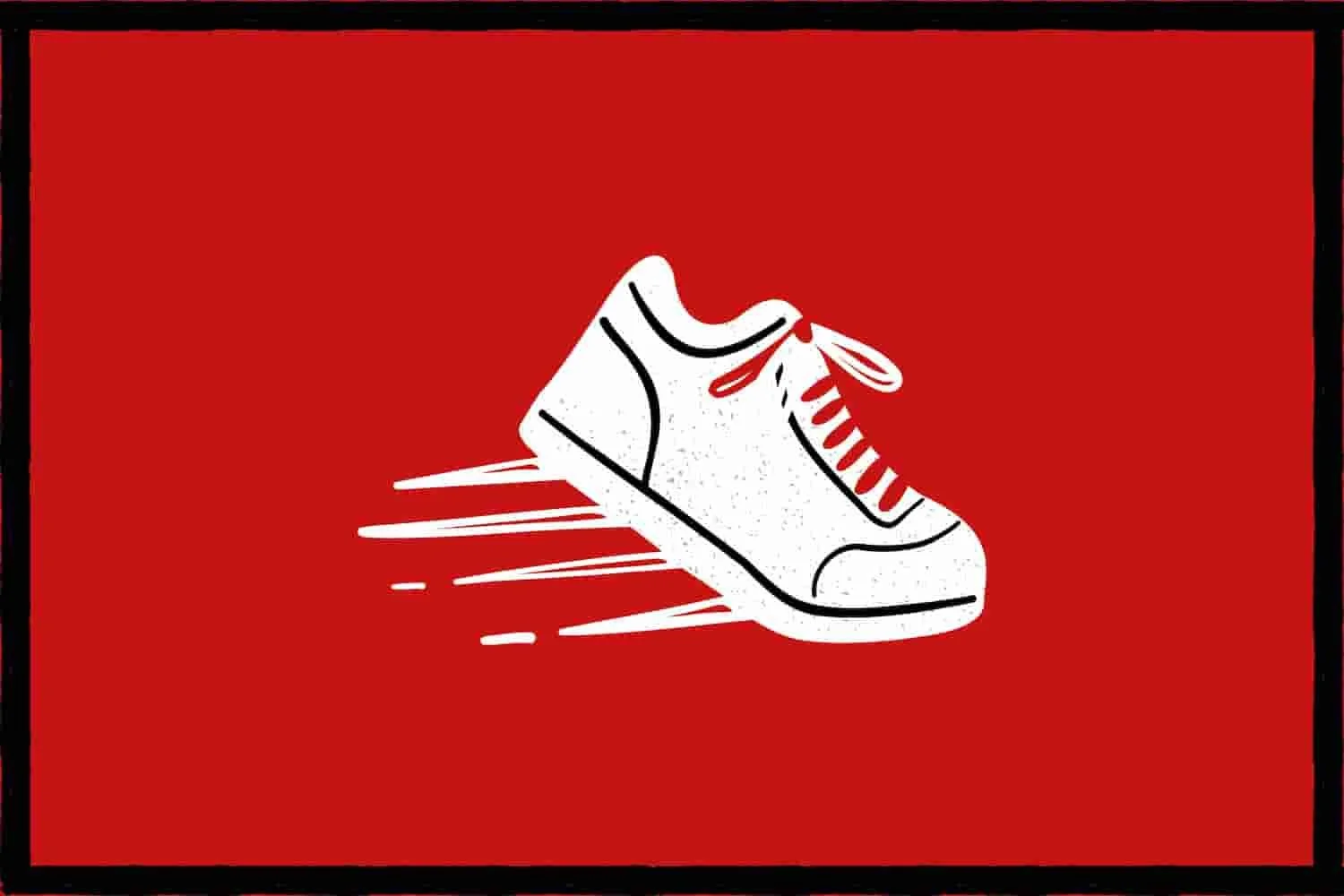If you want to get wealthy, you have to create value AND expose yourself to the upside of the value you create. Most people who work a 9-5 job create value in their position. But they’re usually not paid proportionally to the value they create. If they were, the employer wouldn’t make any money off the employee and the work they do. The key to wealth is simple: create value, then capture it.
Read MoreMost people feel bad when they procrastinate. It’s seen as a problem to “fix” with the latest productivity hack, software update, or “focus” mode. But procrastination is not a problem to solve. It’s a signal that tells you what’s important to YOU (not to someone else). And it’s a signal you should listen to.
Read More“No one knows anything.” That’s what famed screenwriter William Goldman (Butch Cassidy and the Sundance Kid, All The Presidents Men) says about Hollywood. And it’s pretty much true. No matter what market you’re in, if you’re looking for a hard yes or no about the viability of a creative project, no one can give it to you. Ultimately, the free market is the final arbitrary of “truth.” If you want good feedback, ask the free market.
Read MoreMost people immediately look at what they can create or add to something to make it better. Very few people consider what they could remove. Yet, there is immense power in improvement by subtraction - an idea called via negativa. Consider that a clear mind is one without distraction. Clear writing is that which removes redundancies and clutter to make room only for the essential. You can improve your life substantially by merely knowing what to avoid.
Read MoreIn 2008, Naval Ravikant released a blog post called Life Formulas I. In it, Naval distills down his framework for a successful life into a series of formulas. Here’s a breakdown of a few I really like, with some associated quotes, definitions, and links to further reading.
Read MoreThe world is full of noise. Pulling out the signal - the meaningful content - that you can use to make better decisions is increasingly difficult in a world bursting with digital media. Wouldn’t it be helpful if there was a guide you could use to filter the knowledge worth knowing from the rest of the noise? There is - it’s called the Lindy Effect.
Read MoreYou probably know the Golden Rule: “Do unto others as you would have them do unto you.” But it’s very difficult to know exactly how you’d like to be treated at all times. That’s what makes the Golden Rule difficult to follow. The Silver Rule is basically the “Negative” Golden Rule. Nassim Nicholas Taleb writes it as follows: “Do not treat others the way you would not like them to treat you.” This rule is far more useful - let’s see why.
Read MoreWhat you remember most vividly in your past influences your future. The stories, memories, and examples that are easily available to you guide the decisions you make and how you position yourself in the world. This is called “availability bias.” And you can either succumb to this common mental error or learn to use it in your favor…
Read MoreHave you ever gone to buy a product online only to have a ticking timer pop up, counting down the seconds you have left to finish the order? Your heart rate increases. Adrenaline starts pumping through your veins. You rapidly type out your credit card details and wonder how a little timer could have such a dramatic impact on your body… What you’re feeling is the scarcity principle in action.
Read MoreIf you don’t already create content online, you should start now. And the easiest place to start is to become a content curator. A “content creator” creates original content. A “content curator,” though, curates content that’s already out there in the domain, organizes it, shoots it through their unique perspective, and then publishes it to build an audience right now.
Read More

